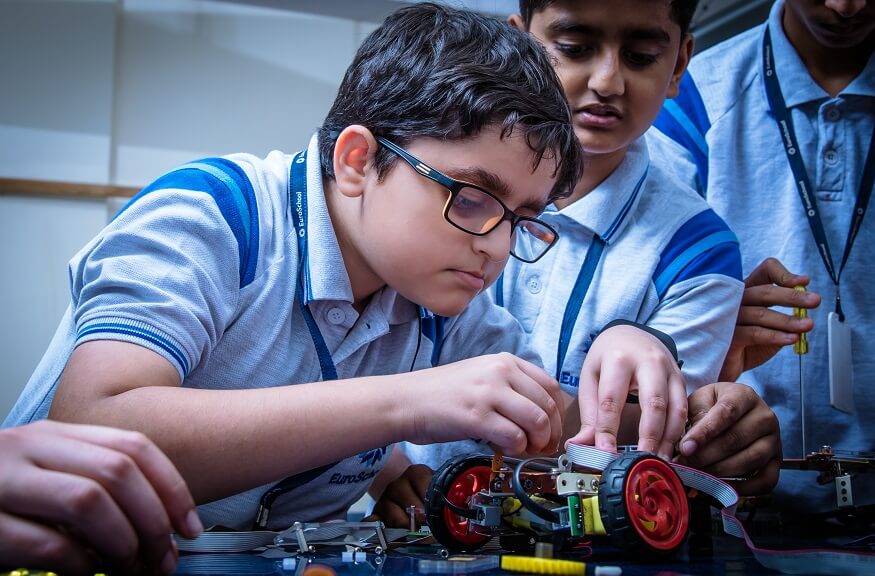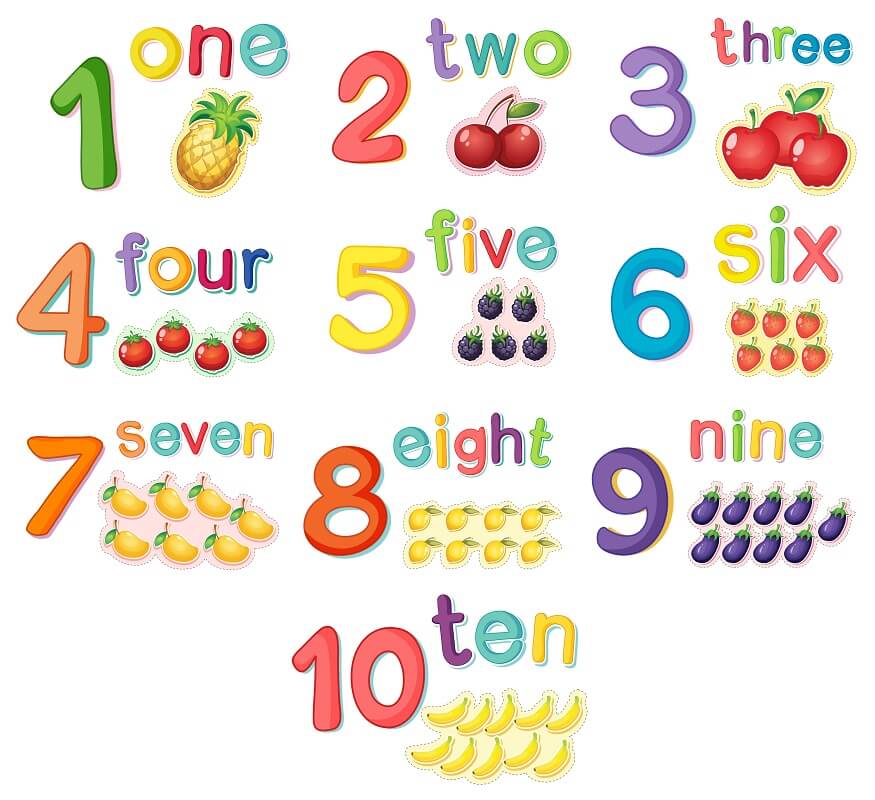Soft skills are the personal qualities and abilities that go beyond technical knowledge or expertise. Which enables an individual to socialise effectively with others, solve problems with logical thinking, communicate well, and adapt to different situations. For students to achieve academic success, form wholesome relationships, and get ready for their future careers, they need to have these skills. Students that possess soft skills are better able to cooperate with others, convey their ideas clearly, evaluate facts, achieve thoughtful choices, control their emotions, and overcome obstacles.
A collection of non-technical talents known as soft skills, which are important for student’s success in school, their personal development, and their future careers. These skills are usually related to personal and social talents that help students to engage effectively with others, think critically, solve issues, communicate properly, and adapt to diverse environments.
What are soft skills?
Soft skills include attributes and personality traits that help employees interact with others and succeed in the workplace. It helps them with essential interpersonal abilities that can enhance their academic performance, improve communication, and increase their employability. Here are some key soft skills training for students.
Communication Skills Training:
Effective communication plays an important role in many facets of life. Soft skill Training for students that highlight verbal and written communication, engaged listening, and non-verbal communication might be helpful to students. Workshops and activities can include role-playing exercises, public speaking practice, and writing assignments. Providing feedback and guidance during these sessions helps students refine their communication skills.
Teamwork and Collaboration Training:
It is crucial for kids to be able to collaborate well in groups. Skills like teamwork, handling conflicts, and problem-solving may be the focus of training exercises. Teamwork and collaboration abilities can be fostered and improved through group projects, team-building exercises, and simulations of real-world situations. Facilitators can provide guidance on effective communication within teams and the importance of sharing responsibilities.
Leadership Development:
For students who take on positions of responsibility in their extracurricular or academic activities, leadership skills are important. Training programs can focus on areas such as decision-making, delegation, and motivating others. Leadership workshops can involve interactive activities, case studies, and guest speakers who share their leadership experiences. Assigning leadership roles within group projects or student organizations allows students to apply their leadership skills in practice.
Critical Thinking and Problem-Solving Training:
Students need critical thinking abilities to analyse information, evaluate states, and resolve challenging issues. Activities like games, case studies, and conversations can be incorporated into training programs to teach students to think critically. Facilitators can guide students through the process of analysing information, identifying biases, and making logical conclusions. Providing opportunities for students to apply critical thinking skills in various subject areas enhances their overall academic performance.
Emotional Intelligence Training:
Students, who are emotionally strong are better able to understand their emotions, self-control, and connect with others. Self-awareness, self-regulation, empathy, and relationship management may be the main topics of training programs. Activities such as mindfulness exercises, group discussions, and reflective journaling can promote emotional intelligence. Facilitators can provide guidance on recognizing and managing emotions, resolving conflicts, and building positive relationships.
Adaptability and Resilience Training:
Adaptability and tolerance are important behavioural qualities in a society that is changing quickly. Training programs can focus on helping students cope with change, manage stress, and develop a growth mindset. Activities like problem-solving simulations, case studies, and mindfulness exercises can foster adaptability and resilience. Facilitators can encourage students to embrace challenges, view failures as learning opportunities, and develop strategies to overcome obstacles.
Personal Growth and Well-being:
Soft skills contribute to personal growth and well-being. By increasing their emotional intelligence, self-awareness, and stress management abilities, students can understand and control their emotions, maintain good relationships, and control stress.
Lifelong Learning: Soft skills for students, provide a foundation for lifelong learning. It enables students to keep their skills up to date and stay responsive to fresh ideas even after their academic careers are over.
Ways To Learn Soft Skills:
Students can learn soft skills through various channels and methods. Here are some common ways to develop soft skills activities for students in a simple and effective manner:
Classroom Activities:
Engage in classroom activities that promote collaboration, critical thinking, and communication. Participate actively in group discussions, presentations, and team projects to develop teamwork and interpersonal skills.
Extracurricular Activities:
Join clubs, organizations, or teams that encourage teamwork, leadership, and communication. Activities such as debate clubs, student government, or sports teams provide opportunities to develop and practice soft skills for students in a fun and interactive setting.
Workshops and Training Programs:
Attend workshops or training programs that specifically focus on soft skills development. Those training classes, which offer structured education and experience in fields like communication, leadership, and problem-solving, may be organised by schools, community centres, or outside organizations.
Online Courses and Resources:
Utilize online platforms that offer soft skills courses and resources. Training classes, tutorials, and resources on subjects like communication, time management, and emotional intelligence are available online and through educational platforms.
Mentorship and Coaching:
Seek mentorship from teachers, professionals, or older students who can guide and provide feedback on developing specific soft skills. Personalized guidance and coaching can be highly beneficial in honing individual strengths and areas for improvement.
Internships and Volunteering:
Participate in soft skills training for students, that involve real-life experiences, such as internships, and part-time employment. These experiences provide opportunities to practice and develop soft skills in a professional or community setting.
Self-reflection and Practice:
Set personal objectives and do self-reflection to determine fields that require development. Regularly practice and apply soft skills in various situations, such as public speaking, problem-solving, and conflict resolution, to enhance proficiency and build confidence.
Conclusion:
At EuroSchool, we understand that the soft skills activities for students promote collaboration, teamwork, and effective communication, facilitating positive relationships and a supportive learning environment. Soft skills also enhance employability by making students attractive to employers. They play a vital role in holistic development and contribute to overall personal and professional success.










